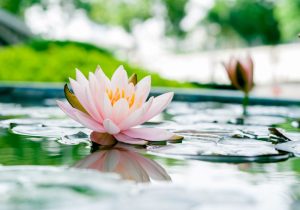Last Updated on November 27, 2023 by teamobn
Frequently, mosquitoes serve as carriers of diseases, with mosquito bites being the primary cause of some of the most perilous health conditions. Instances include diseases such as malaria, dengue, yellow fever, tularemia, and specific forms of encephalitis.

Good thing, that through the strategic selection and cultivation of specific plants renowned for their inherent mosquito-repelling properties, your outdoor space becomes more than a mere aesthetic haven—it becomes a proactive defence against these bothersome and potentially disease-carrying pests.
The deliberate choice to incorporate these mosquito-repelling plants not only adds to the overall health and visual allure of your garden but also establishes a preemptive shield against the intrusion of mosquitoes.
This conscientious approach to garden design and plant selection creates an environment where the coexistence of humans and mosquitoes is significantly less contentious. By embracing preventive measures within your garden, you not only elevate your outdoor experience but also foster a harmonious and mosquito-resistant sanctuary for yourself and your loved ones to relish.
You can plant numerous plants around your garden to help repel mosquitoes. These plants drive away from the pesky biters through their natural fragrances. If you have a mosquito problem, here’s compiled a list of some of the plants that you can grow to repel mosquitoes. Some of them are herbs while some are flowers.
Start planting them today so you won’t have to endure mozzie bites. They take the fun out of a barbecue party. Cultivating plants that naturally repel mosquitoes offers a multitude of benefits, enhancing both the aesthetic and functional aspects of your outdoor spaces.
Here are the key advantages associated with incorporating such plants to repel mosquitoes:
1. Natural Pest Control: Mosquito-repelling plants release compounds and fragrances that mosquitoes find unappealing. This natural deterrent helps control and reduce the mosquito population in your immediate vicinity without the use of chemical insecticides.
2. Eco-Friendly Defense: In contrast to commercial mosquito repellents that might include synthetic chemicals, these plants offer a chemical-free and environmentally conscious solution. This is especially advantageous for individuals seeking natural alternatives and harbouring concerns about the potential health implications of synthetic repellents.
3. Diverse Plant Options: There is a wide variety of plants known for their mosquito-repelling properties, offering options for different garden styles and preferences. Opt for plants that complement your garden’s design, ranging from aromatic herbs like lavender and basil to blooming varieties such as marigolds and citronella.
4. Supports Biodiversity: These plants can attract helpful insects, such as bees and butterflies, contributing to the overall biodiversity of your garden. This creates a balanced ecosystem where various species coexist and thrive.
5. Cost-Effective Solution: Growing mosquito-repelling plants can be a cost-effective solution compared to regularly purchasing commercial mosquito repellents. Once established, these plants continue to provide protection without the need for ongoing financial investment.
Click on any image to start the lightbox display. Use your Esc key to close the lightbox.
10 Plants That Naturally Repel Mosquitoes
Step into a world where the vibrant beauty of nature intertwines with practicality.
Explore plants that not only enhance the visual allure of your garden but also act as natural guardians, repelling the persistent and bothersome mosquitoes that can disturb the serenity of outdoor spaces.
Catnip
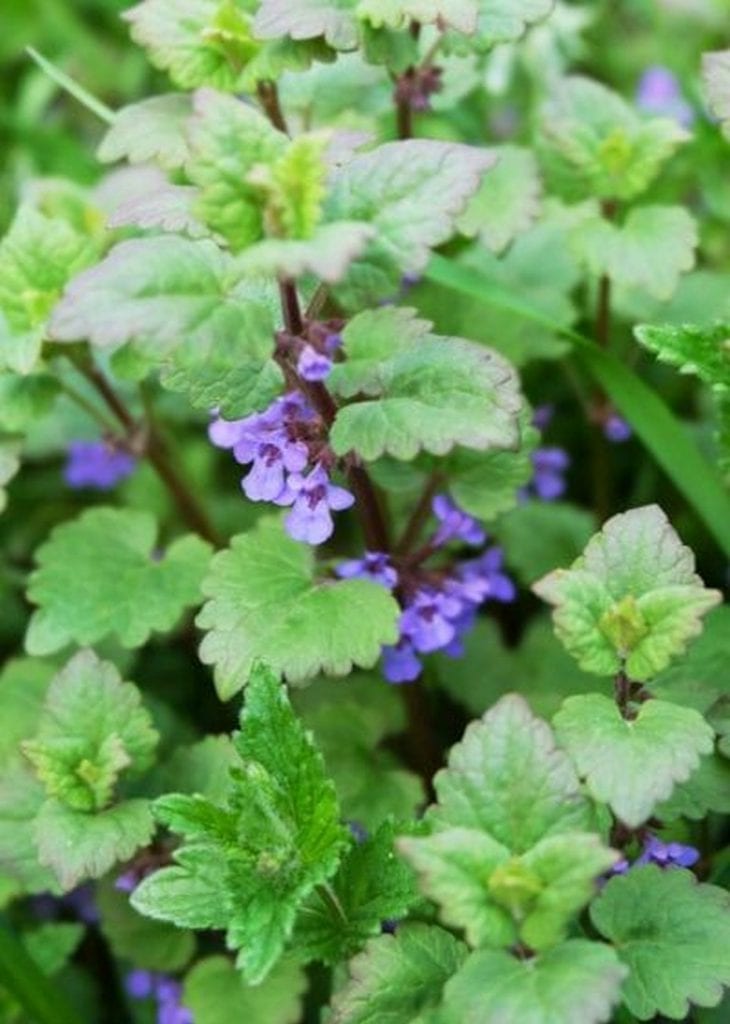


Citronella
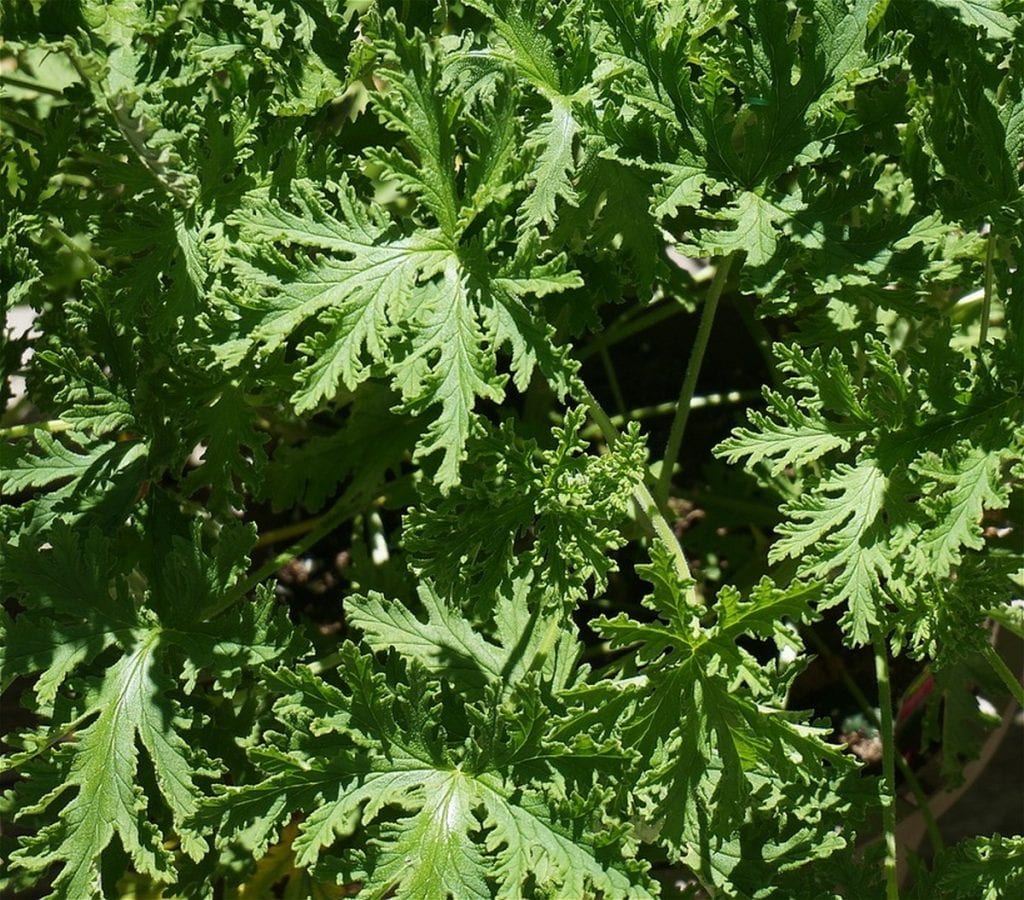
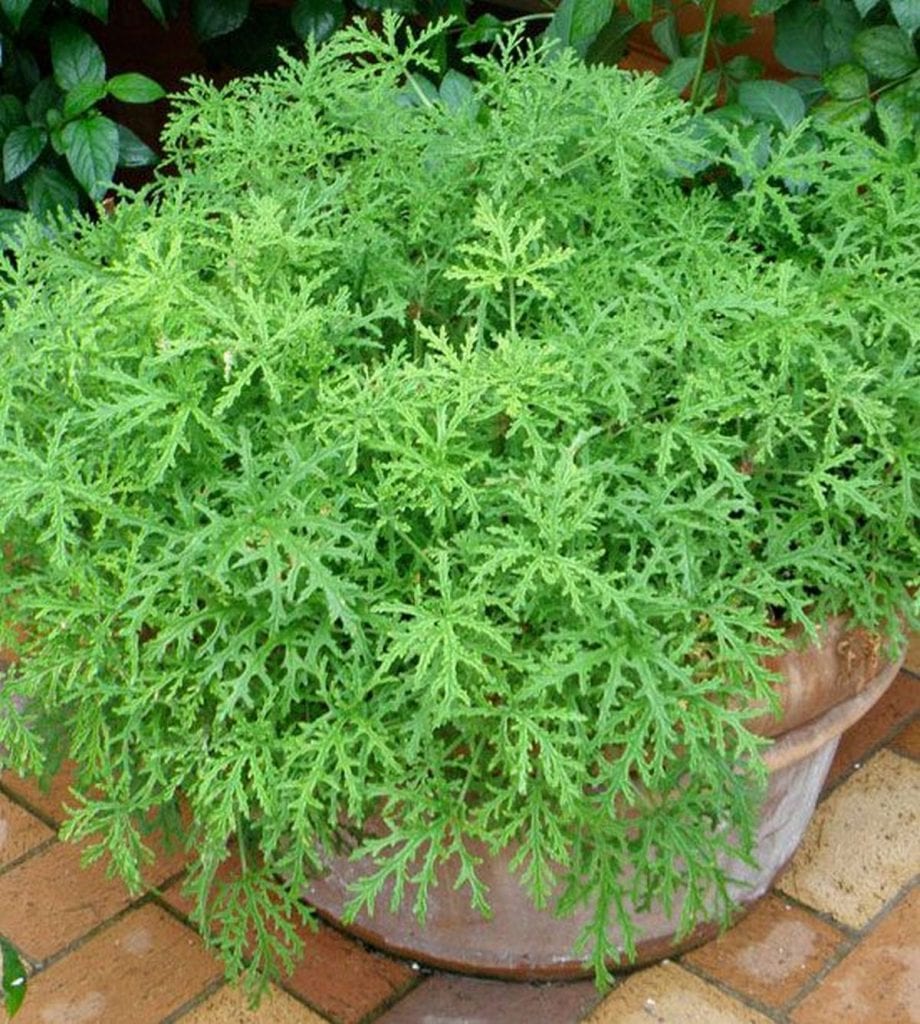
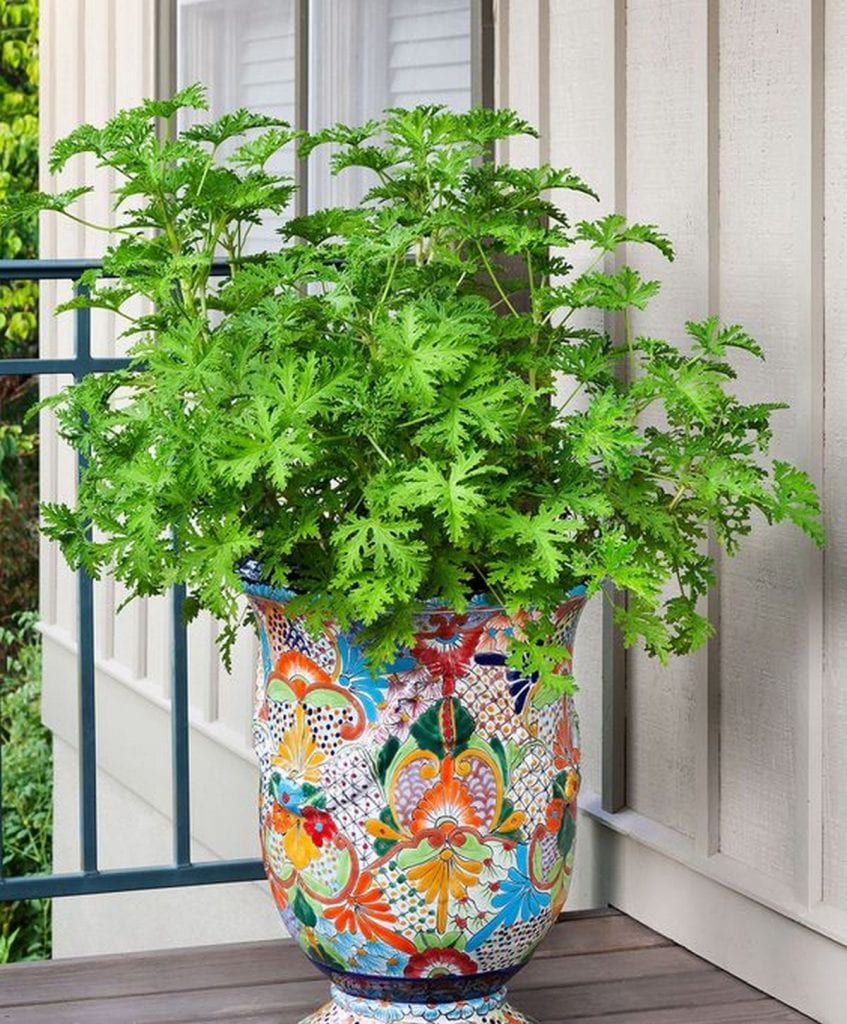
Common Lantanas


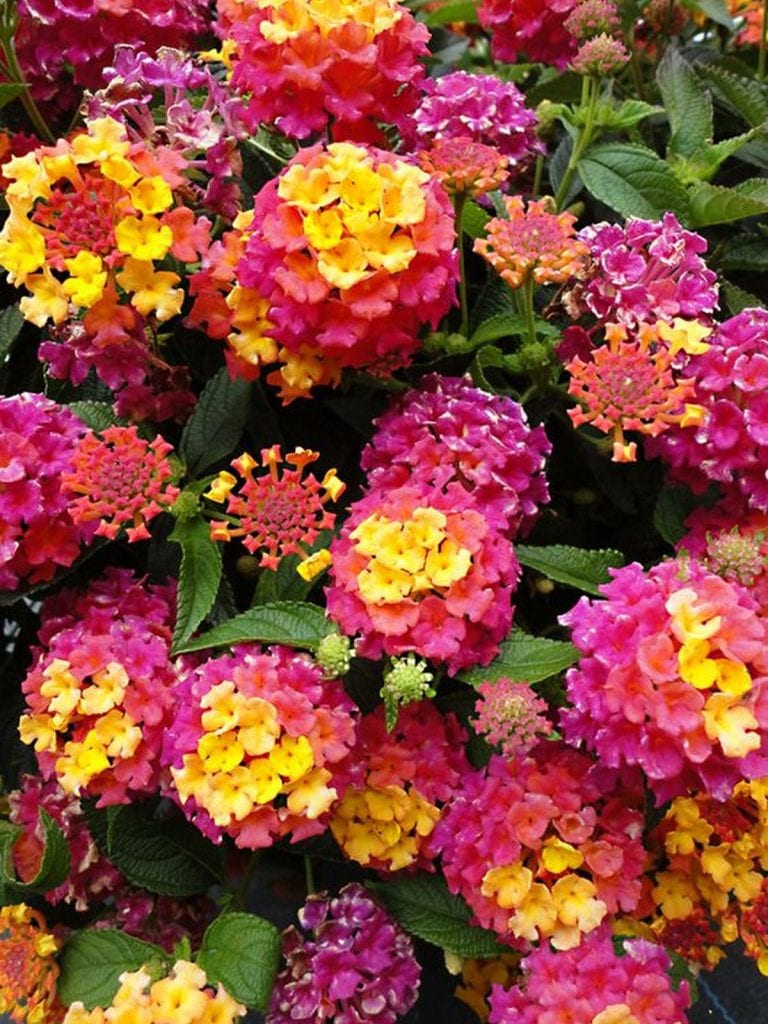
Feverfew
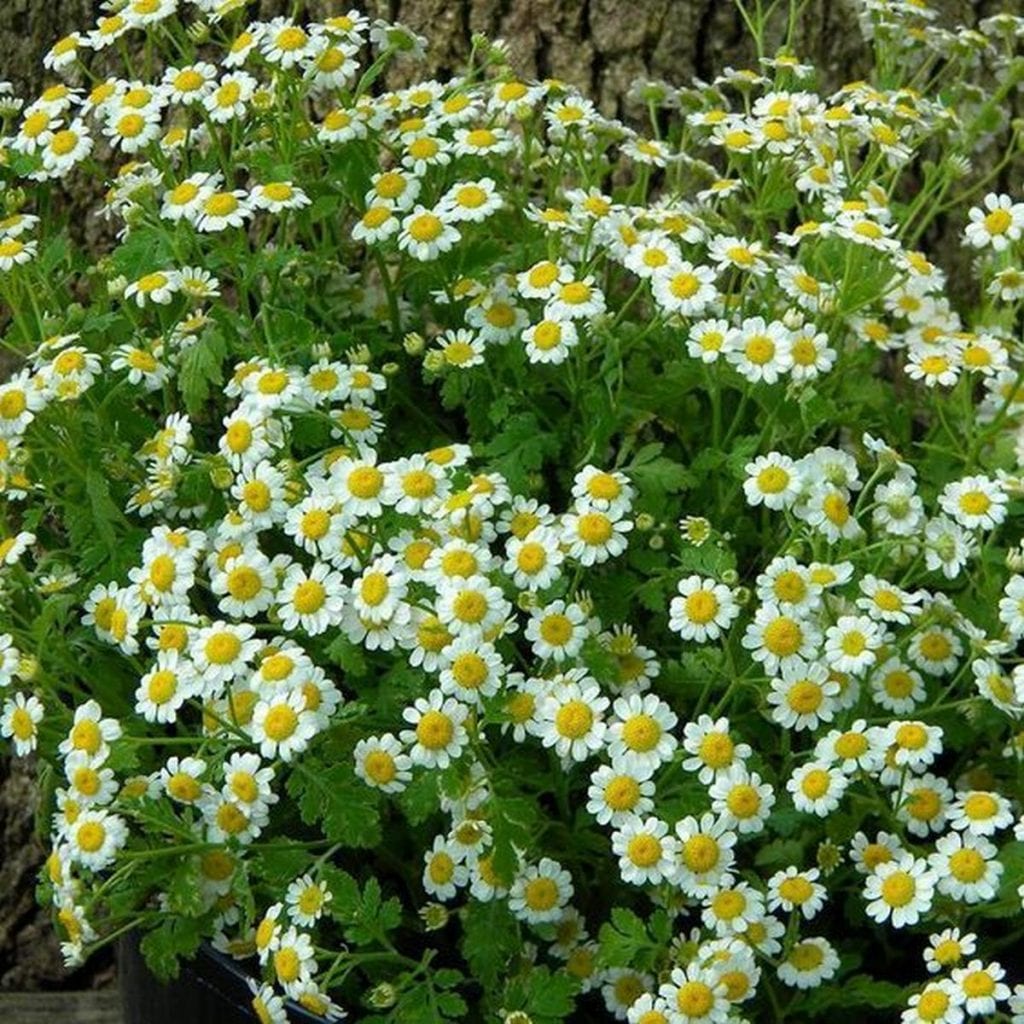
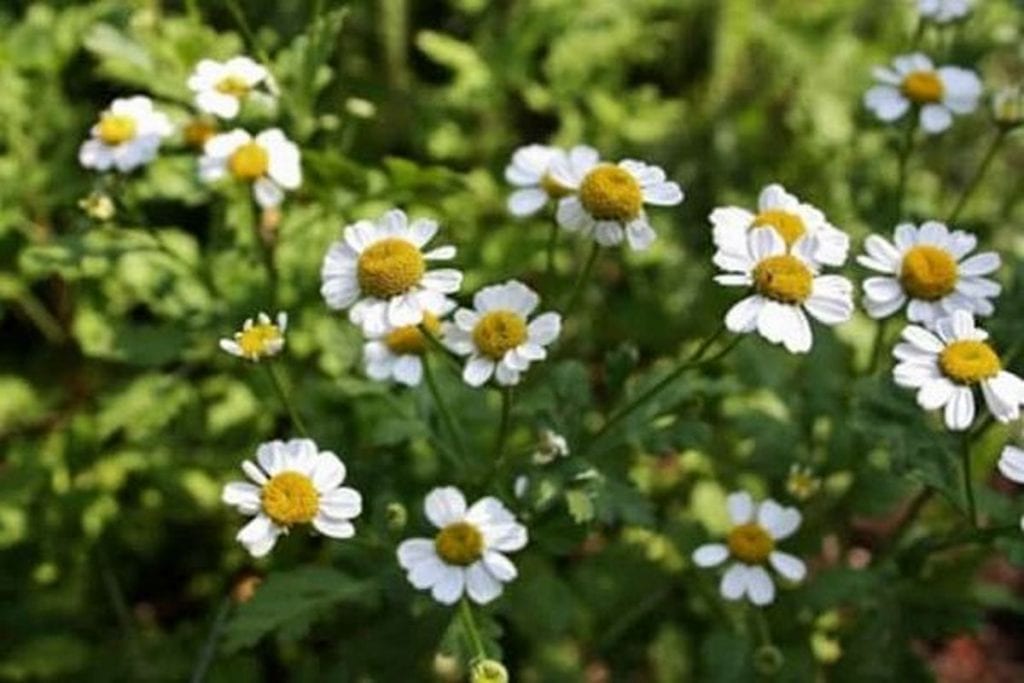
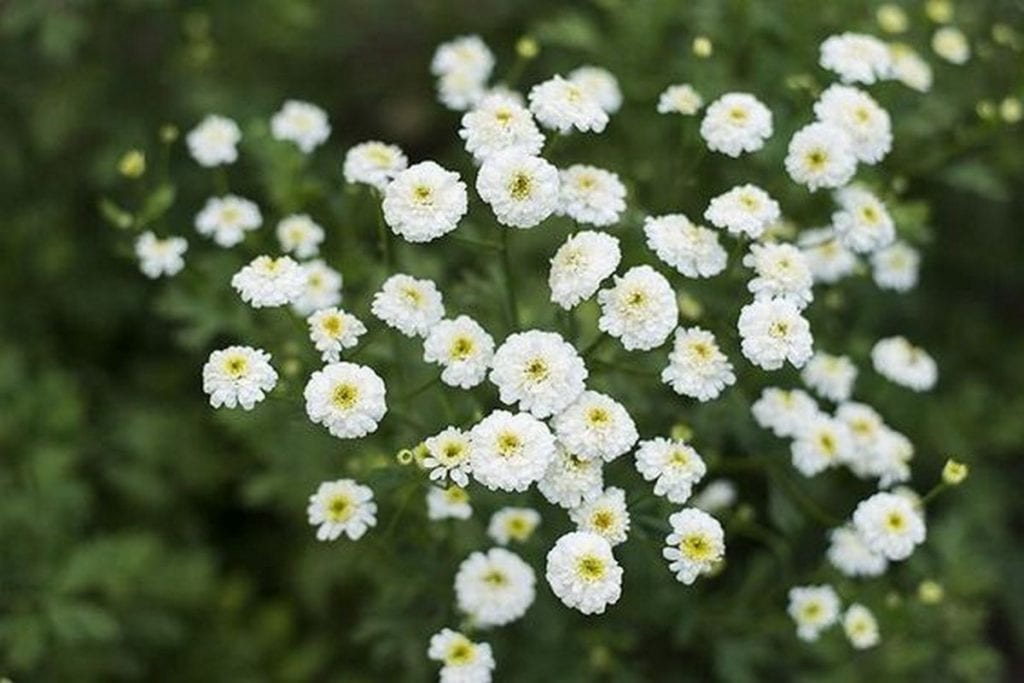
Lavender
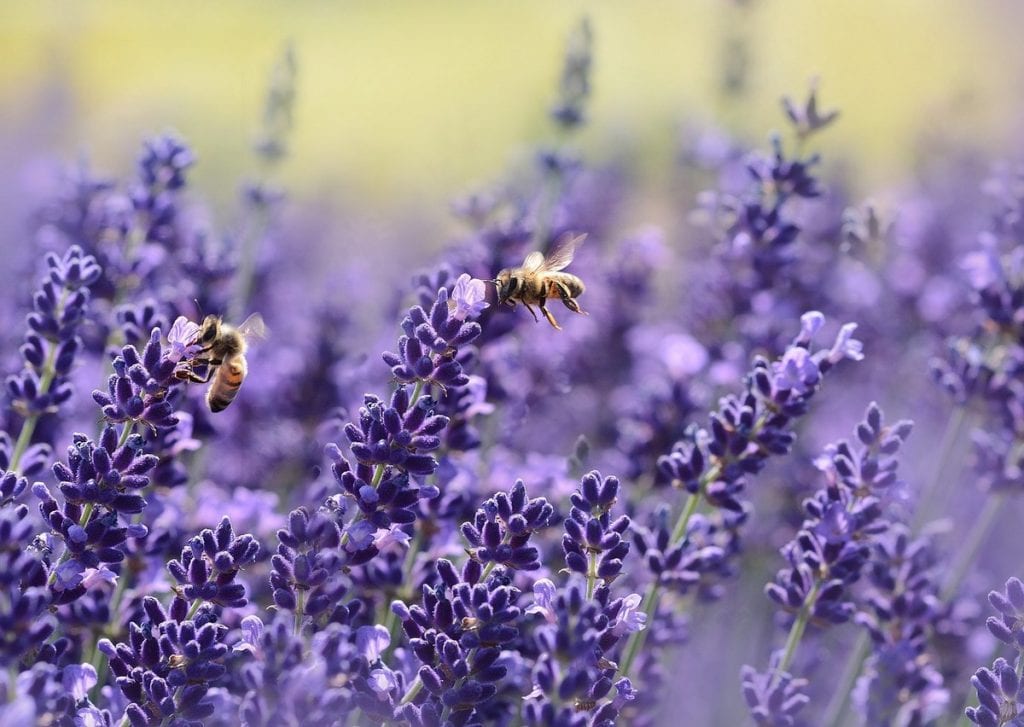

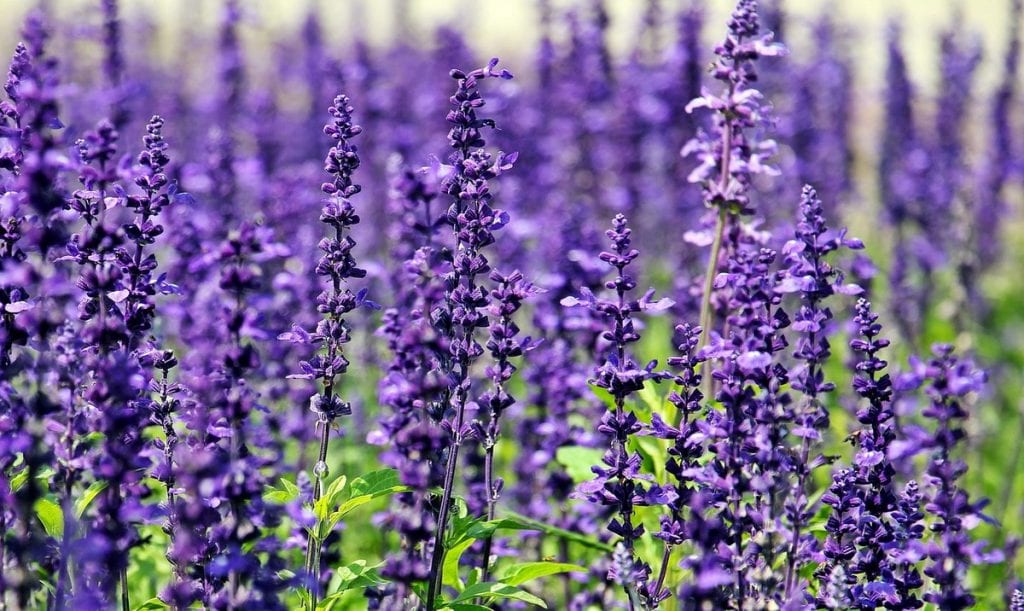
Lemon Balm
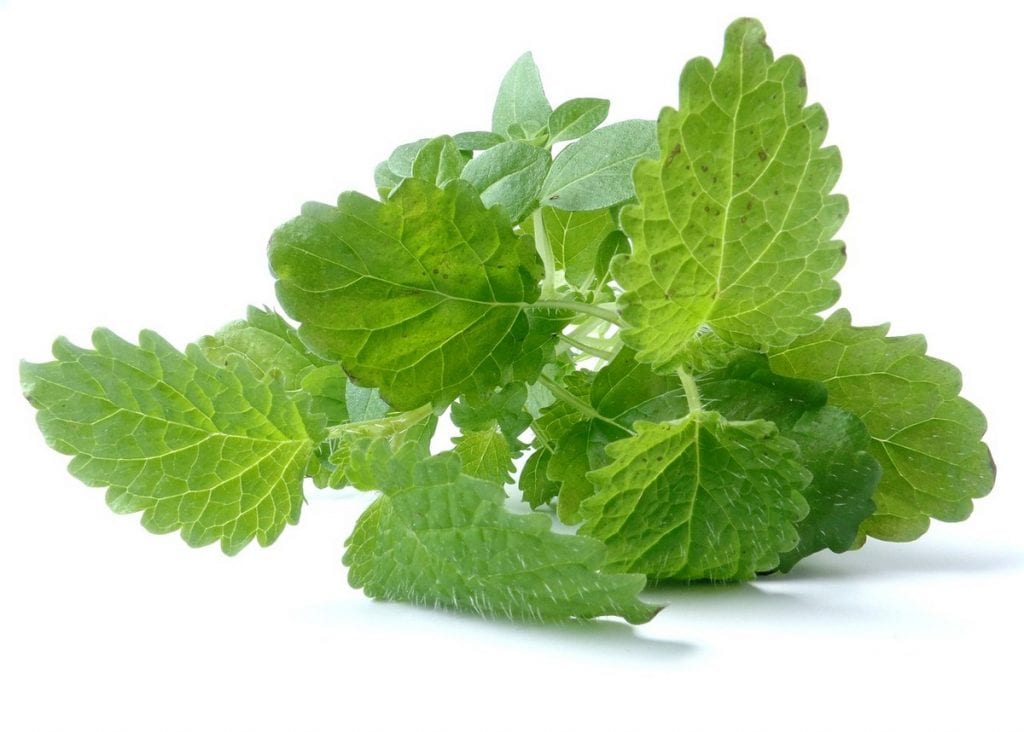
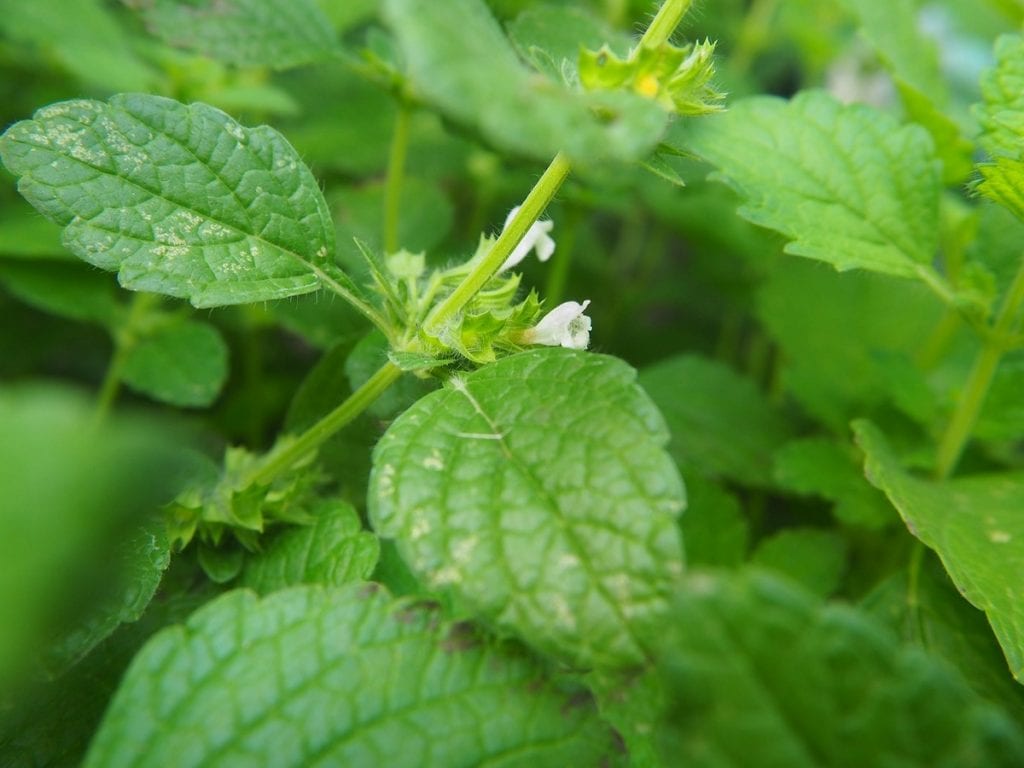

Marigolds
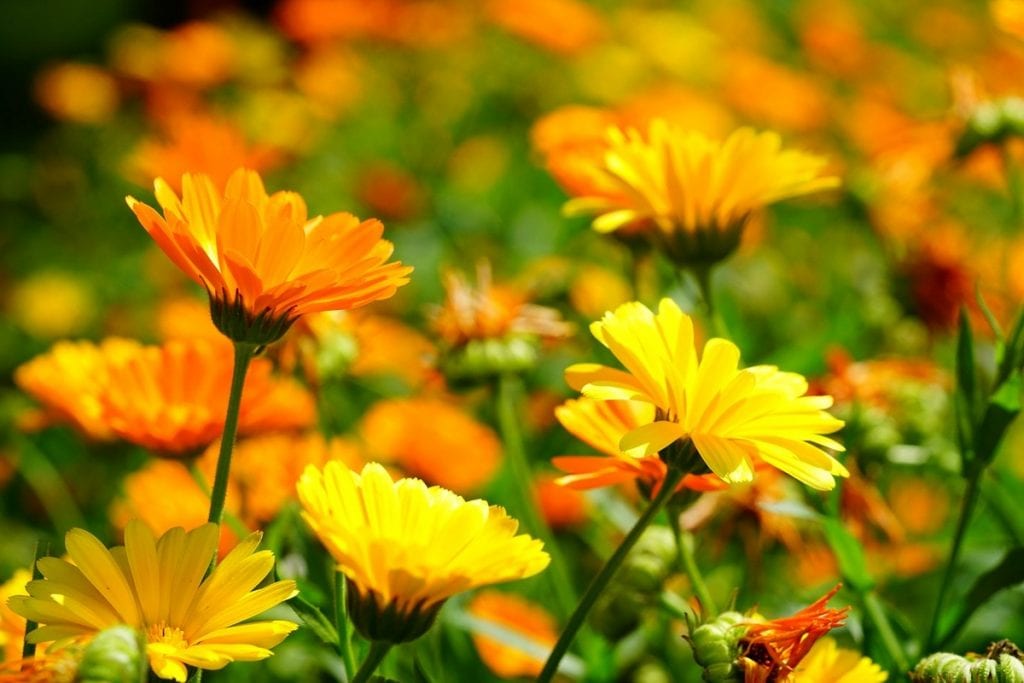
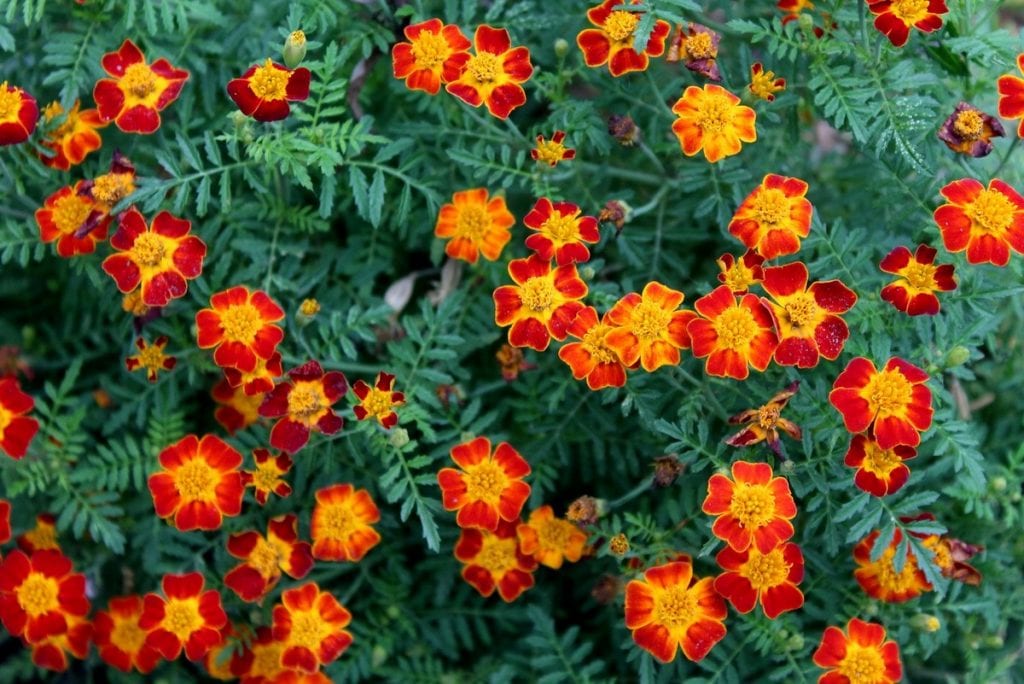
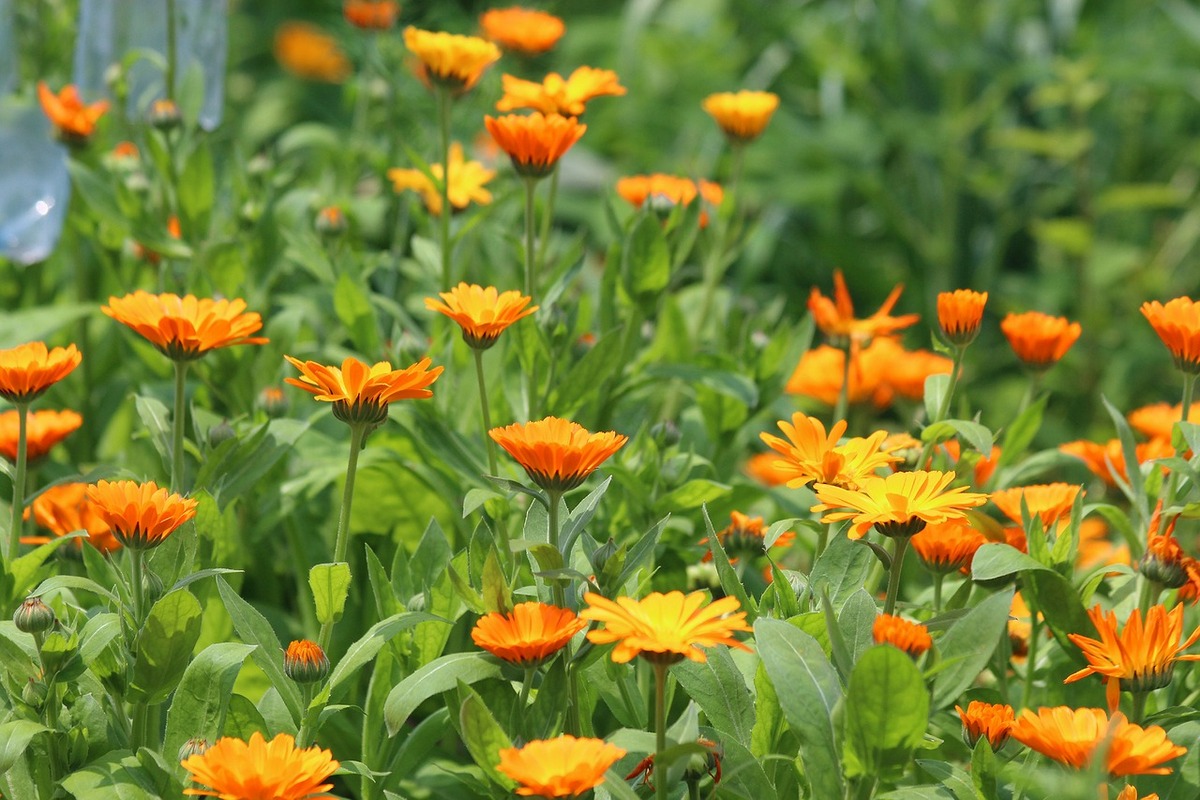
Peppermint
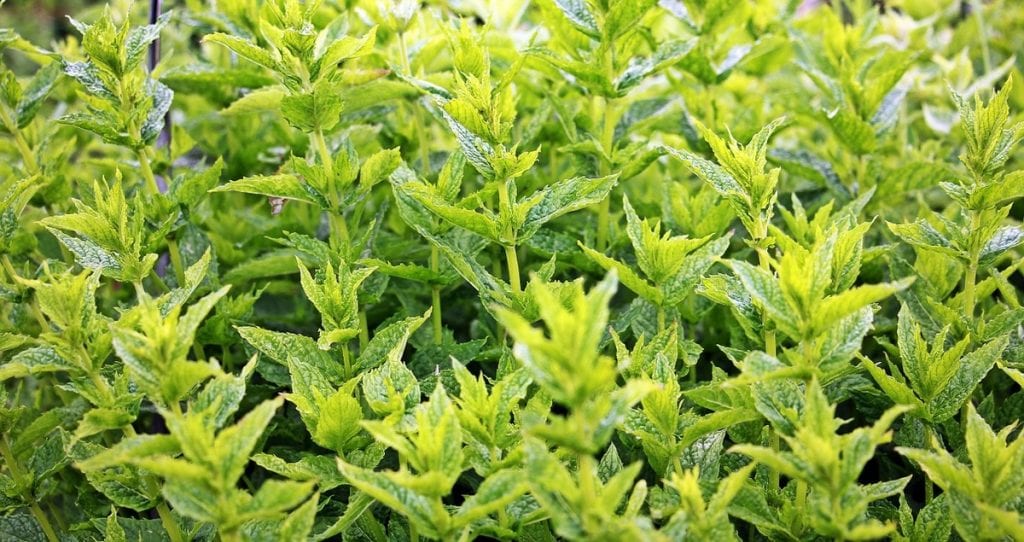


Sage
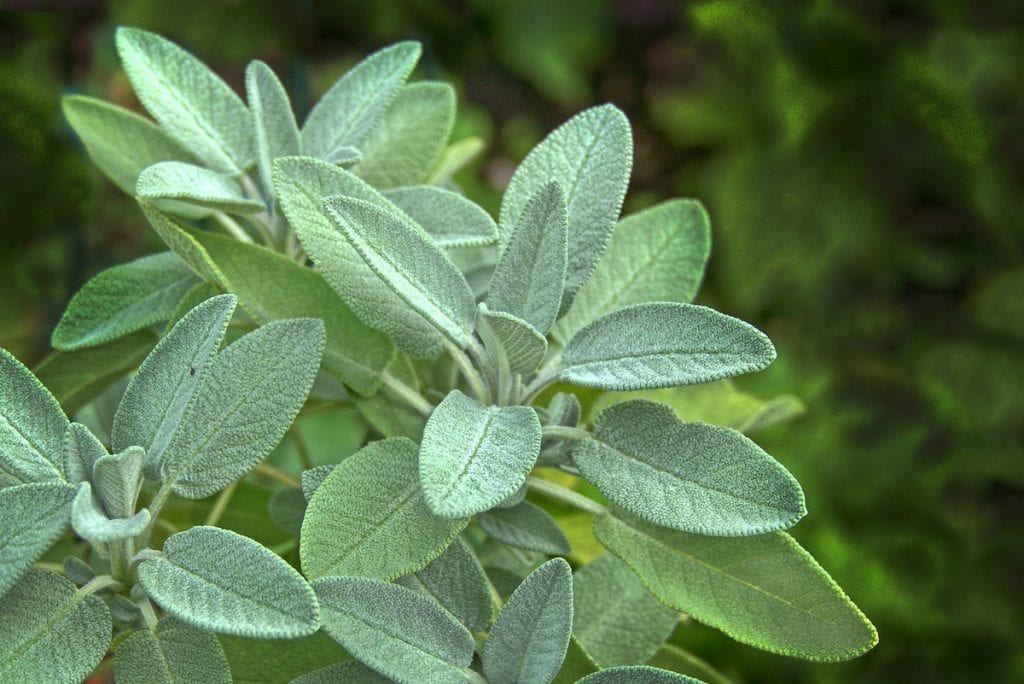
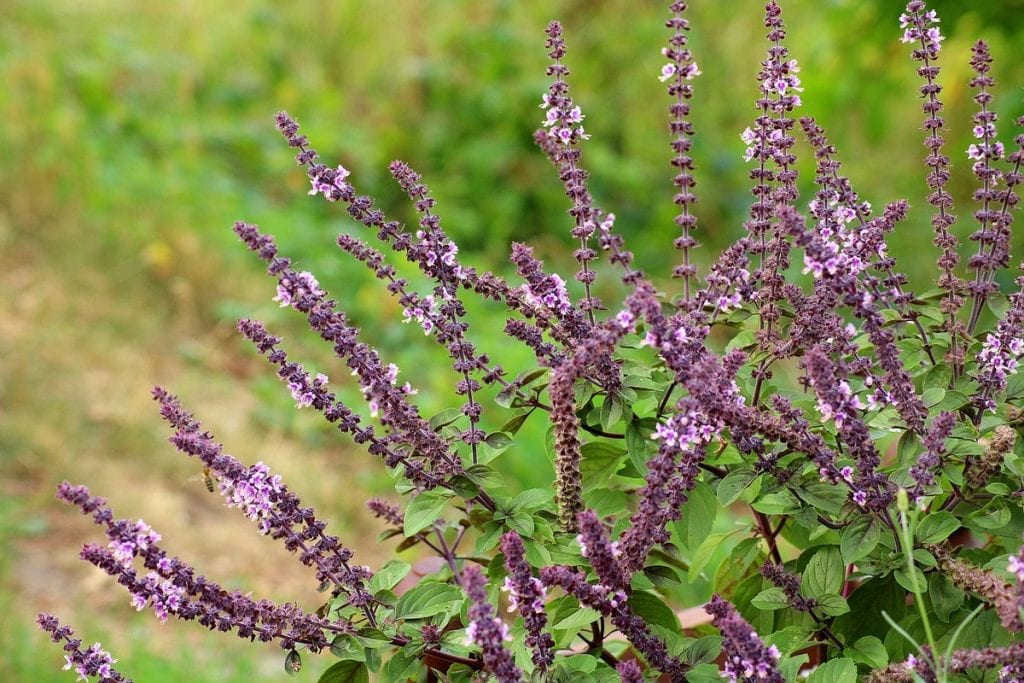

Sweet Fern



Growing plants that repel mosquitoes can be an effective and natural way to keep these pesky insects at bay. Here are some tips for cultivating mosquito-repelling plants:
Plant in the Right Location:
- Place mosquito-repelling plants near areas where you spend time outdoors, such as patios, decks, or windows and doors.
- Consider planting them in areas with good sunlight and well-drained soil.
Use Pots and Containers:
- Growing plants in pots allows you to move them around easily, providing flexibility in placing them where needed.
- This is particularly useful if you have limited garden space.
Prune Regularly:
- Regular pruning helps release the scents that repel mosquitoes.
- It also encourages the plants to grow bushier and healthier.
Watering:
- Be mindful of your plant’s water needs. Overwatering can lead to root rot while underwatering can stress the plants.
- Standing water can attract mosquitoes, so ensure proper drainage.
Companion Planting:
- Consider companion planting by placing mosquito-repelling plants near other plants you want to protect from pests.
- Some plants can enhance each other’s ability to repel insects.
Natural Repellent Combinations:
- Create a natural mosquito repellent garden by combining different plants with insect-repelling properties.
- A combination of citronella, lavender, and marigold can be effective in repelling insects.
Add Fragrant Herbs:
- In addition to their mosquito-repelling properties, incorporating fragrant herbs like rosemary, thyme, and sage can add a pleasant aroma to your garden.
Use Natural Mulch:
- Consider using natural mulch, such as cedar or pine straw, which has insect-repelling properties.
Remember that while these plants can help repel mosquitoes, they may not provide complete protection. It’s often effective to combine plant-based strategies with other mosquito control methods, such as removing standing water, using screens, and wearing protective clothing.
The Wrap Up
Transform your garden into a mosquito-resistant sanctuary with these 10 effortlessly cultivated plants. From the classic citronella and lavender to marigolds and basil, these natural repellents offer both functionality and beauty. Strategically place them around outdoor spaces, windows, and doors, using pots for added flexibility.
Regular pruning enhances the release of mosquito-repelling scents, while proper watering and drainage ensure the health of your plants. Explore companion planting for synergistic benefits and consider combining fragrant herbs like rosemary and thyme for an aromatic touch.
Complement these natural strategies with other mosquito control methods for comprehensive protection, and enjoy a stunning, insect-free garden.
Are you ready to not only cultivate a visually stunning garden but also to actively repel mosquitoes, creating a space where nature’s beauty and practicality converge seamlessly?
Your garden awaits, promising not just a visual feast but a sanctuary where aesthetics and functionality coexist in perfect harmony. Grow these awesome plants and repel mosquitoes effortlessly.






